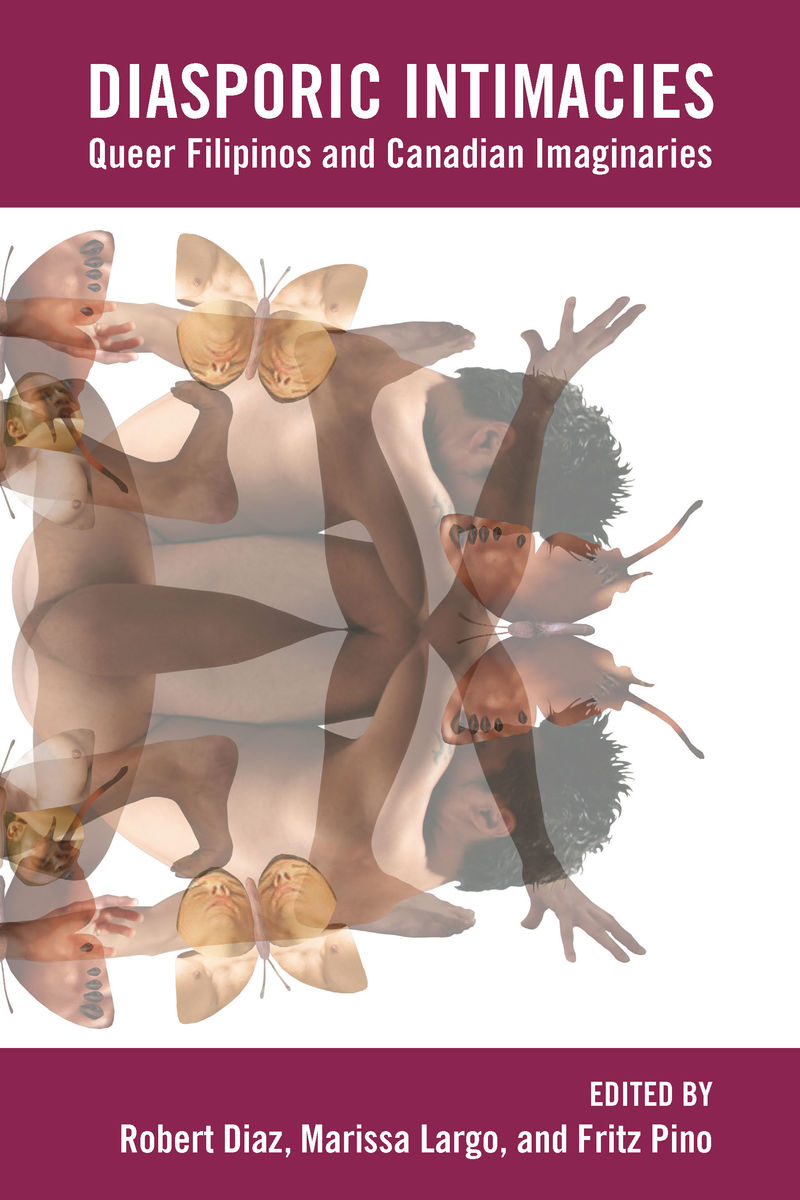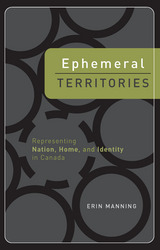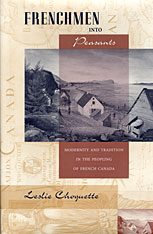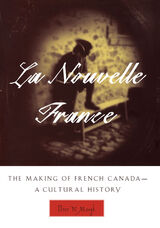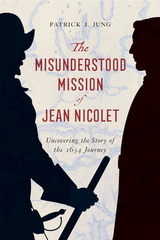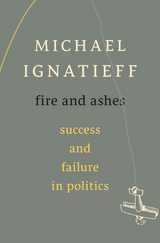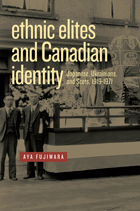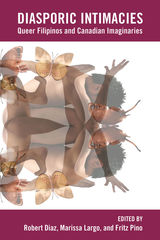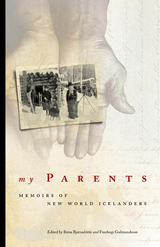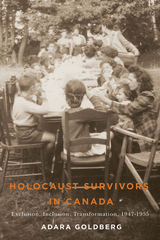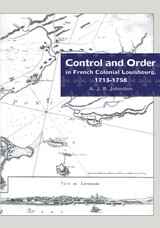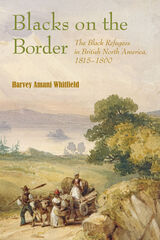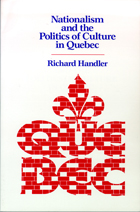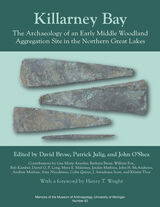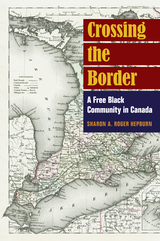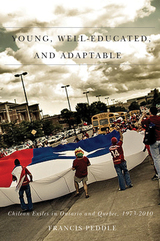Diasporic Intimacies: Queer Filipinos and Canadian Imaginaries
Northwestern University Press, 2018
Cloth: 978-0-8101-3652-6 | eISBN: 978-0-8101-3653-3 | Paper: 978-0-8101-3651-9
Library of Congress Classification F1035.F48D53 2018
Dewey Decimal Classification 306.760899921071
Cloth: 978-0-8101-3652-6 | eISBN: 978-0-8101-3653-3 | Paper: 978-0-8101-3651-9
Library of Congress Classification F1035.F48D53 2018
Dewey Decimal Classification 306.760899921071
ABOUT THIS BOOK | AUTHOR BIOGRAPHY | REVIEWS | TOC | REQUEST ACCESSIBLE FILE
ABOUT THIS BOOK
Diasporic Intimacies: Queer Filipinos and Canadian Imaginaries is the first edited volume of its kind, featuring the works of leading scholars, artists, and activists who reflect on the contributions of queer Filipinos to Canadian culture and society.
Addressing a wide range of issues beyond the academy, the authors present a rich and under-studied archive of personal reflections, in-depth interviews, creative works, and scholarly essays. Their trandsdisciplinary approach highlights the need for queer, transgressive, and utopian practices that render visible histories of migration, empire building, settler colonialism, and globalization.
Timely, urgent, and fascinating, Diasporic Intimacies offers an accessible entry point for readers who seek to pursue critically engaged community work, arts education, curatorial practice, and socially inflected research on sexuality, gender, and race in this ever-changing world.
Addressing a wide range of issues beyond the academy, the authors present a rich and under-studied archive of personal reflections, in-depth interviews, creative works, and scholarly essays. Their trandsdisciplinary approach highlights the need for queer, transgressive, and utopian practices that render visible histories of migration, empire building, settler colonialism, and globalization.
Timely, urgent, and fascinating, Diasporic Intimacies offers an accessible entry point for readers who seek to pursue critically engaged community work, arts education, curatorial practice, and socially inflected research on sexuality, gender, and race in this ever-changing world.
See other books on: Art & Politics | Cultural pluralism | Filipinos | Sexual minorities | Sexual minority community
See other titles from Northwestern University Press
